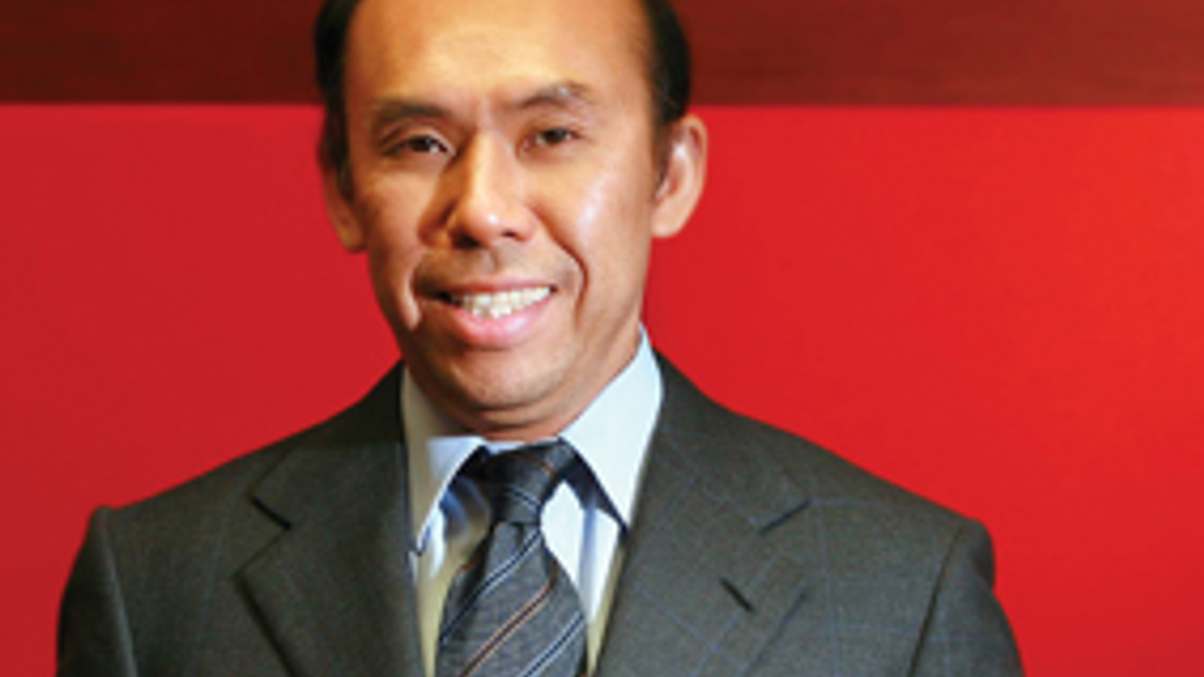CAI sees prospects in Asian special situations
The Hong Kong-based hedge fund manager is considering re-opening its special situations vehicle, citing opportunities in mispriced assets.

Central Asset Investments (CAI), a Hong Kong-based multi-strategy hedge fund firm, is considering re-opening its pan-Asia special situations strategy to new investors, says chief executive Eddie Tam.
Sign in to read on!
Registered users get 2 free articles in 30 days.
Subscribers have full unlimited access to AsianInvestor
Not signed up? New users get 2 free articles per month, plus a 7-day unlimited free trial.
¬ Haymarket Media Limited. All rights reserved.


